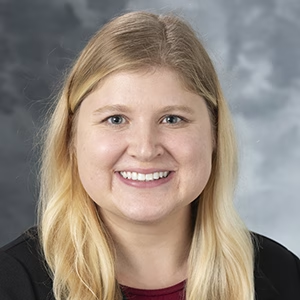Overview
Led by Dr. Michelle Chui, ADEPT supports part-time PhD students in graduate programs that support clinical and translational research. Full-time enrollment for a graduate student is defined as 8-15 credits; PhD students still taking course work and enrolled in fewer than eight credits per semester without dissertator status are eligible. ADEPT Scholars are students pursuing a PhD while balancing other responsibilities, such as a full-time job, caregiving duties, or other life commitments.
ADEPT provides an $12,000 scholarship, awarded as $4,000 per semester (fall, spring, and summer) for up to two years. In order to encourage the dissemination of their research, we have travel funds available to support ADEPT Scholars to present their research at professional meetings.
ADEPT Scholars will be invited to participate in ICTR TL1 professional development meetings and ICTR TL1 Writing Workshops.
As an ADEPT Scholar, you will be required to:
- Attend quarterly ADEPT cohort meetings
- Attend monthly check-in meetings with ADEPT staff
- Attend a mentor meeting each semester (fall, spring, and summer)
Application Details
Terms:
$12,000 scholarship ($4,000 per semester; fall, spring, and summer)
Duration:
Up to 2 years
Applicant Eligibility:
PhD student
Special Criteria:
Part-time PhD students (i.e., enrolled in less than 8 credits per semester)
How to Apply:
We accept ADEPT applications on a rolling basis. If all spots are filled, eligible applicants will be added to a waitlist.
ADEPT Eligibility:
- Part-time PhD student (i.e., continuously enrolled in fewer than 8 credits per semester)
- Without dissertator status
- Enrolled in a PhD program that supports clinical and translational research
- Conducting research that could advance health and well-being for all
Submit an application:
Note: we have 3 spots open in Fall 2025.
Funding Acknowledgement
Funding for ADEPT was provided by the UW School of Medicine and Public Health from the Wisconsin Partnership Program (Grant ID #5132) through a grant to the UW Institute for Clinical and Translational Research. The UW Institute for Clinical and Translational Research also receives funding from NIH-NCATS Clinical and Translational Science Award (CTSA) 1UL1TR002373.

